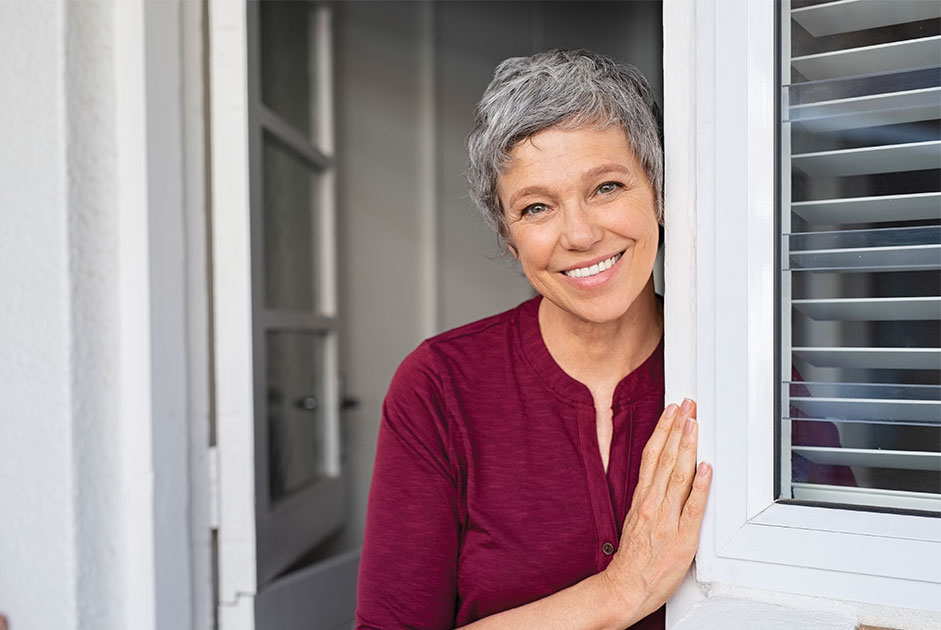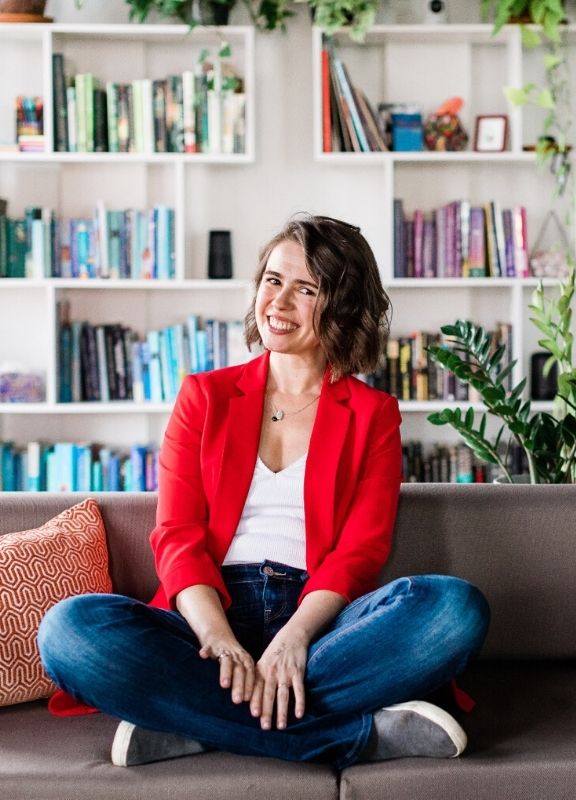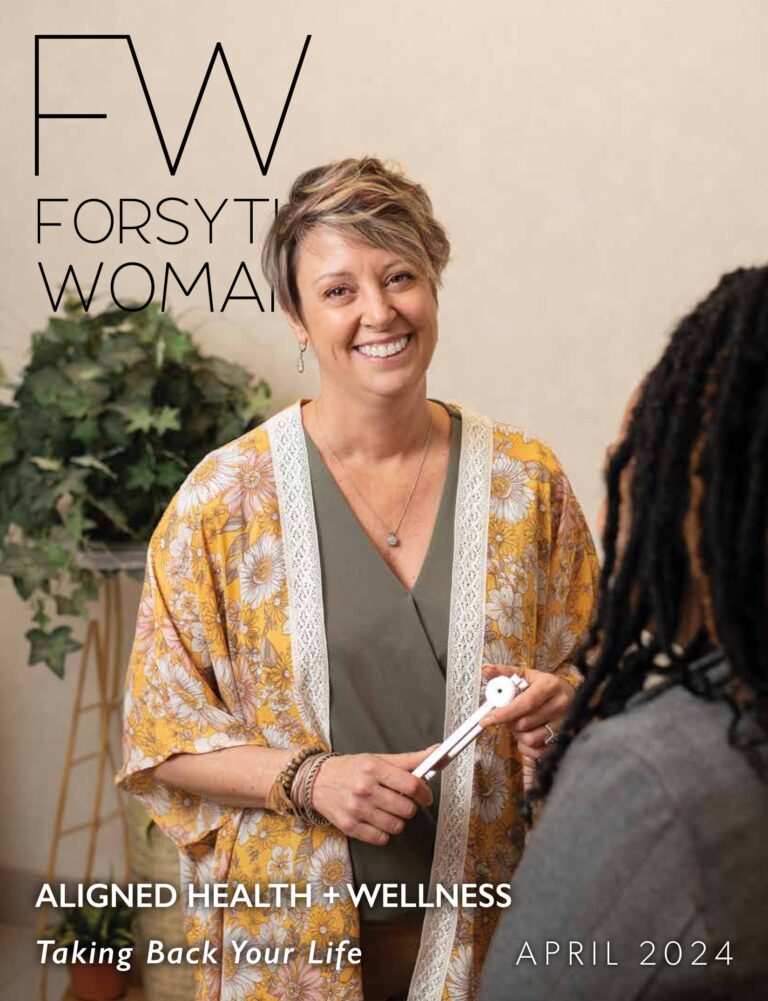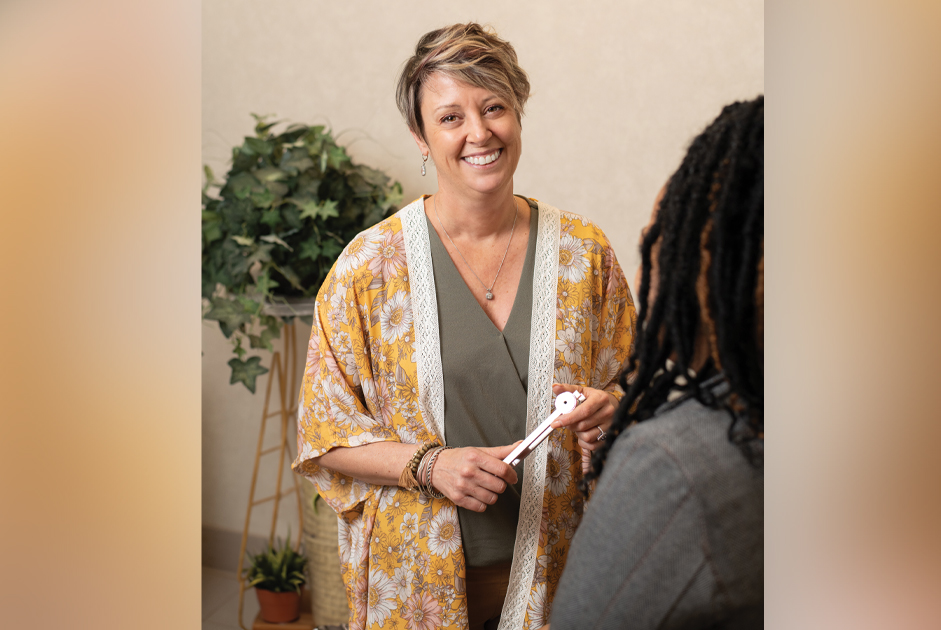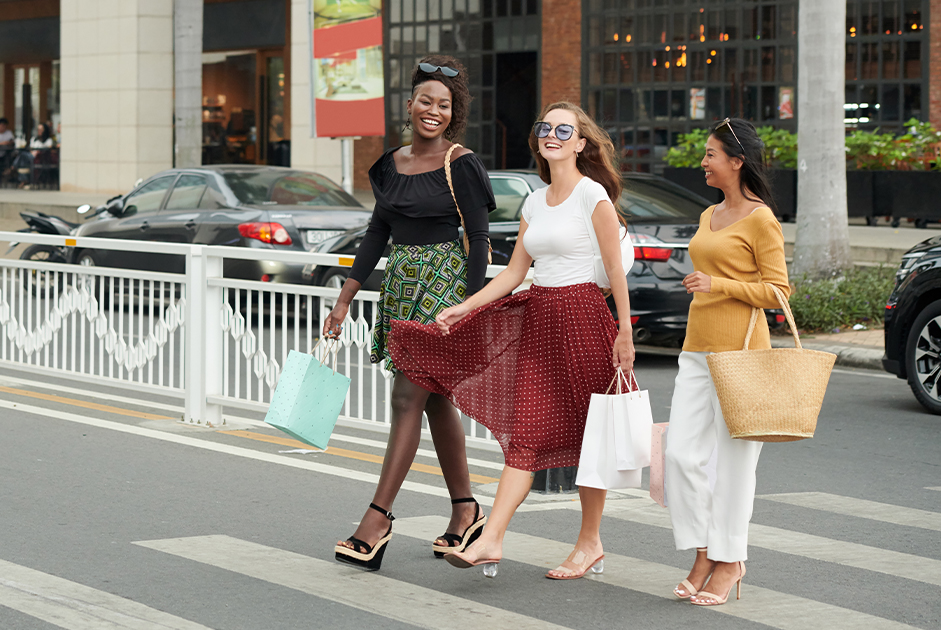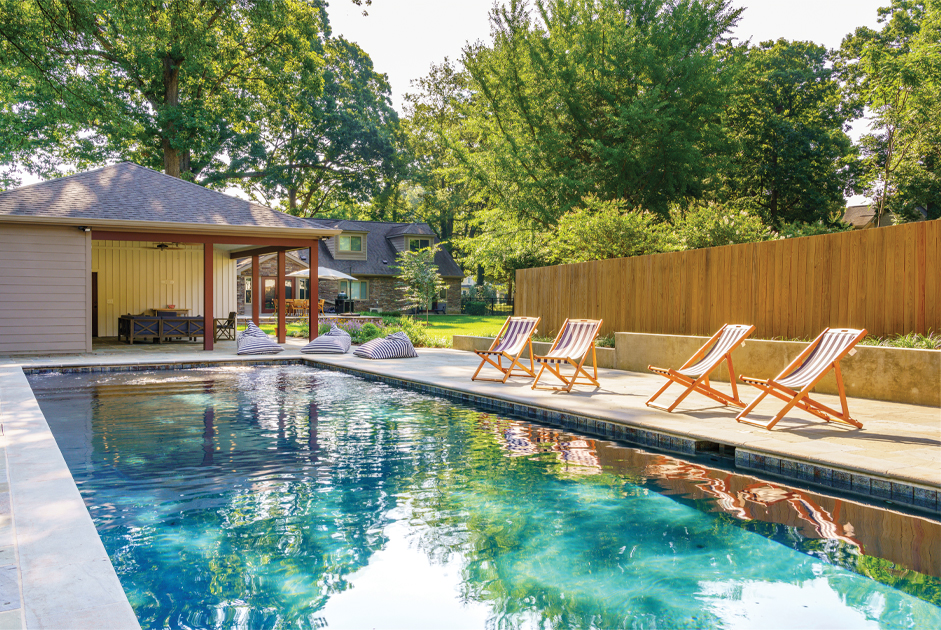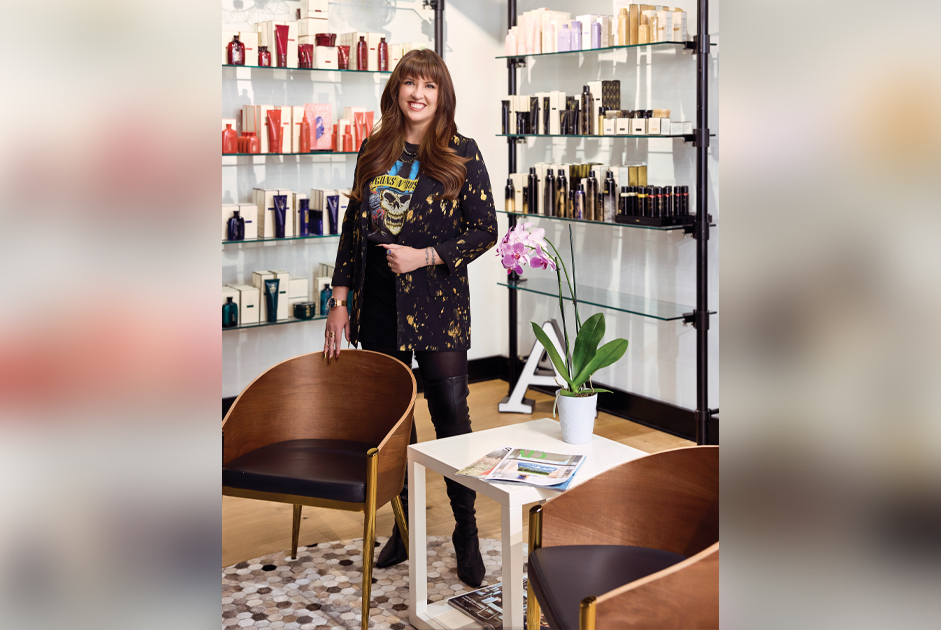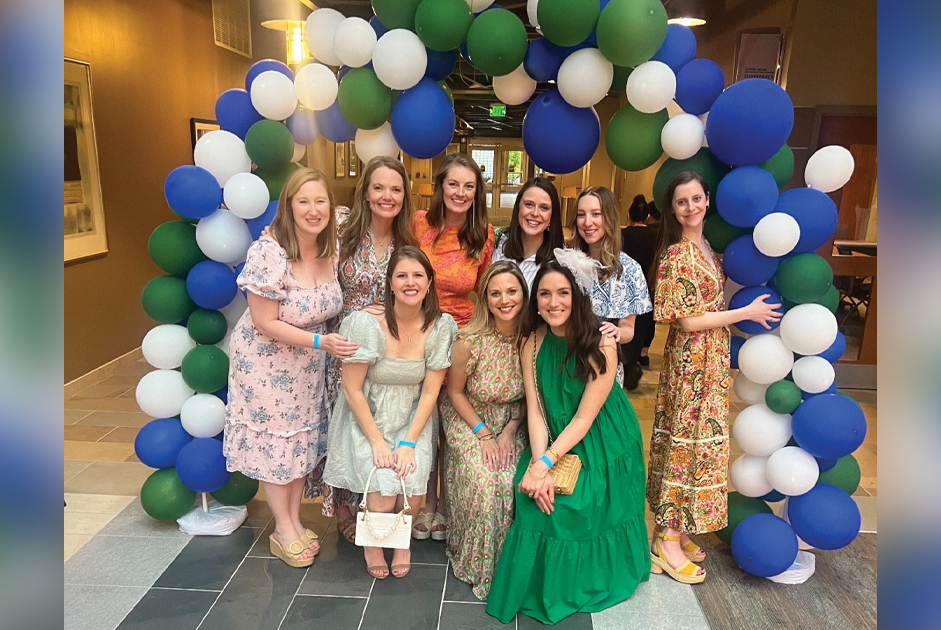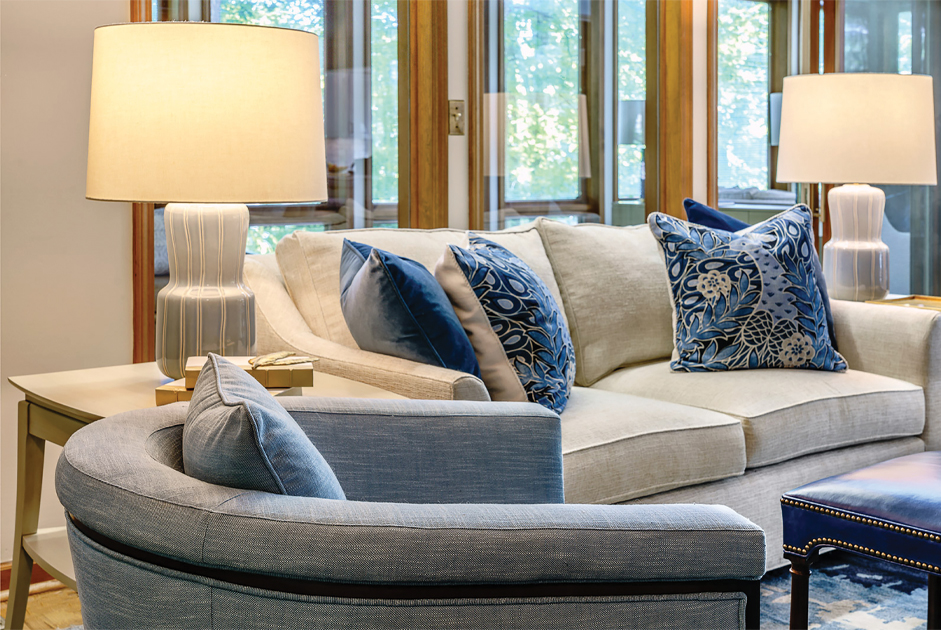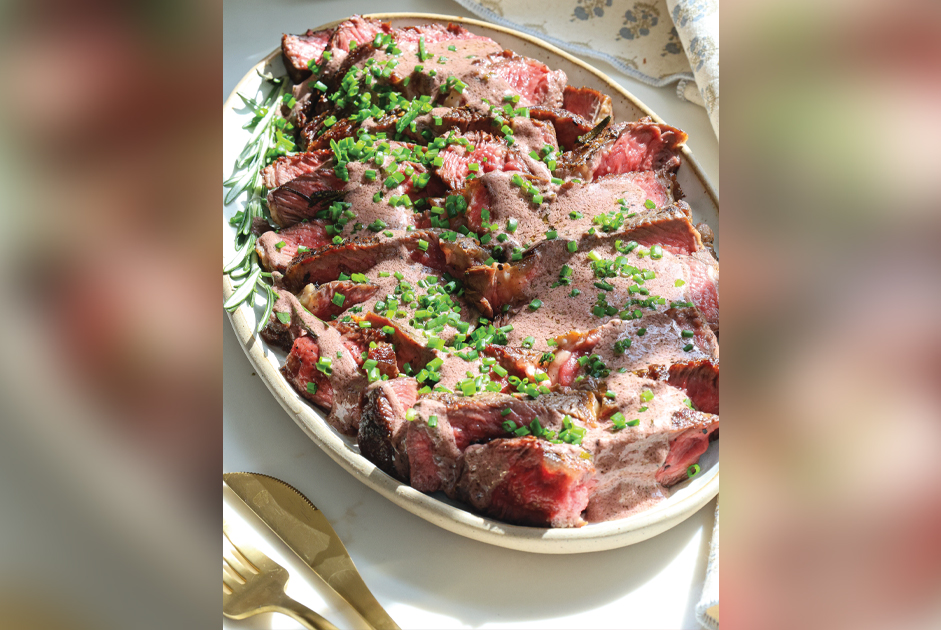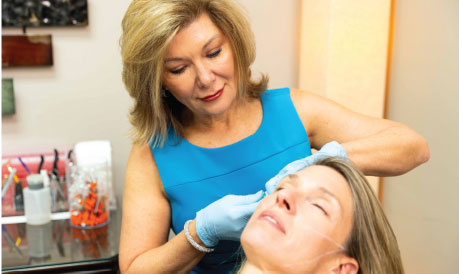Anti-wrinkle.
Anti-aging.
Spot removing.
The beauty industry makes an astronomical amount of money on aging – and it’s not just aging people in general. It’s incredibly focused on women aging. Think about it: when was the last time you saw a man in an ad for the next anti-aging, anti-wrinkle cream?
This doesn’t mean men don’t use the products – I am not alluding to that at all, my husband loves my nice face cream and face tools, is fascinated by the Botox I got in my forehead and on my eleven lines, is constantly looking at my microcurrent device that “shocks” my facial muscles to keep me with the cheekbones I had at 20 and says not a word about the sheer number of products that I have in my bathroom.
He doesn’t see a need for them himself and tells me I don’t need them (because he’s a good guy), but he also doesn’t feel the astronomical pressure of the beauty industry to even learn about them.
Men and women are “allowed” to age very differently. In 2020, the anti-aging cosmetics market size reached $60.26 BILLION dollars. While we’ve watched age-inclusivity happen in fashion, it’s rare to see older people starring in beauty ads, even when they are targeted towards folks who are older. Dior chose then 25-year old Cara Delevingne as the “face” of its anti-aging campaign – and she had exactly what you’re thinking, the skin of a 25-year-old.
What’s stunning to me is what is “allowed” between men and women – yes, we look at the script of Young is Good and Old is Bad – but when have we discussed the wrinkles on George Clooney’s face? Or maybe the hyperpigmentation on Harrison Ford? Both incredibly attractive, older men that society has embraced more in age – what woman do we do that with that hasn’t had some sort of cosmetic surgery?
I say this as a Botox convert, with a microcurrent device, waiting for a microcurrent facial, through layers of skincare: we need to look at aging in men and women the same, and shame no one when they decide to age naturally or buy into the beauty industry.
When I was going through my first round of Botox, as well as my first go with Retinol, I posted all of my images online. Every day, I did a story of the change in my forehead, and every week I post an update on my Retinol. I got a few people, “Wow you are so brave to admit this and talk about it!” and “Are you sure you need to be talking about this?” and “You don’t need this, you’re 38, it’s ok if you have some wrinkles on your forehead, you’re expressive!”
And then the other people, “Thank you for posting this, I’m not scared to do this anymore!” and “I get Botox, too, let’s talk about it!” and “No one else knows I do this, but here’s something I learned…” Why is there a stigma no matter what you do? As a woman, you’re either shamed into thinking that you can’t talk about it – or – you’re shamed into thinking you don’t need it – or – you’re “brave,” which, while a compliment to many, it’s just sharing experiences. Bravery to me is something much worse than getting a few needles of good in my forehead and then posting on IG.
What I hope you’re thinking about right now: Wow, I need to stop complimenting the wrinkles, handsome and distinguished grey in aging men, and in the same breath insulting myself or another woman. I hope you start to think about aging in whatever way you want to – and understand that others are doing it the way they want to. No one needs to judge folks on how much – or little – they choose to do. That is truly aging with grace and compassion, for you and folks around you.
